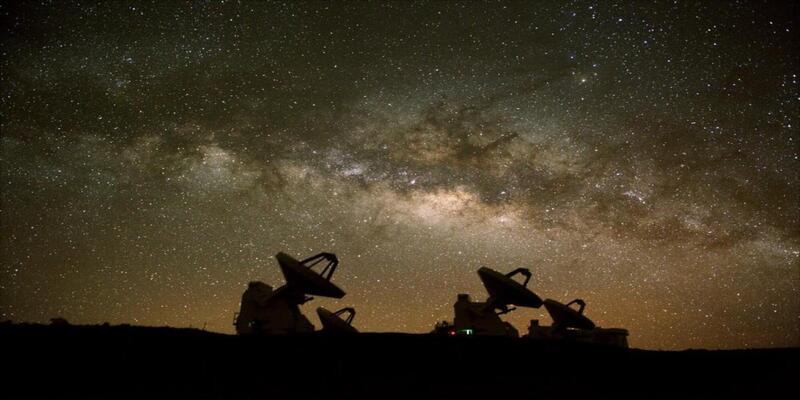
For us to talk about sociology somewhere, we first need humans (and therefore society), along with relationships and changes among them. That’s why it is still too early to talk about space sociology. However, in this period when relationships and changes are spreading to digital environments, quite a bit of interaction is occurring in space without human presence. Initially driven by competition, space wars began showing themselves scientifically, economically, and, lastly, culturally. Starting with espionage activities and rivalry between the U.S. and Russia, and then increasing with the realization of space's developmental potential, scientific studies have reached a peak in our time with the rockets produced by SpaceX. At this point, humanity has even managed to send a vehicle to Mars.
Of course, I can’t help but think about its economic impact. In the asteroid belt between Mars and Jupiter, there are many meteorites containing minerals that are nearly depleted on Earth. For this reason, the U.S., Russia, China, and India have already started working on this. In recent times, global independent companies like Google and Tesla have also joined these studies that were once led by states.
In fact, the involvement of these companies brings to mind a system applied by imperial powers to exploited societies; Dutch or British companies established businesses in many Asian countries, especially India. Investors chose to invest in independent companies rather than supporting the fluctuating policies of governments or kings. Thus, companies grew thanks to their stability, giving rise to new economic systems worldwide. Similarly, nowadays, states frequently change their space policies, while global companies as independent investors can continue with a certain discipline and stability. As they succeed, their revenues increase, enabling them to invest even more. Considering the vast economic interests at stake, it’s hard to imagine that sociology wouldn’t (or won’t) exist here.
My guess is that we will soon see academic studies on space sociology. Perhaps they will use unconventional methods, but within 10-15 years, it will take its place in the pages of history as one of the most important developments of our time. Just as the discovery of the Americas caused sociological changes, the exploration of space will also bring about sociological shifts in the world.
So where do we stand in all this? Turkish scientists, as in every field, are naturally involved in space studies in foreign countries, but unfortunately, our country has fallen far behind in both action and goals. It seems like being late to follow certain advancements is somewhat ingrained in our genetics. In recent times, however, (January 8, 2021, 05:15) we sent our new communication satellite Türksat 5A into space from Cape Canaveral Space Force Station in Florida, launched with SpaceX's Falcon 9 rocket. And, if all goes well, we plan to send our first national communication satellite Türksat 6A into space in 2022. The sooner we start, the better. We have now reached a point where we can discuss sending a vehicle to the Moon.
As someone who has long advocated for space studies in the institution where I work, even the news of a small space initiative makes me happy. I hope that, if not scientifically, I might have the opportunity to carry out an academic study on Space Sociology when a certain sociological foundation develops over the years. As the great leader Mustafa Kemal Atatürk said, “The future is in the skies.”
 VuralCambul
VuralCambul













There are none comment